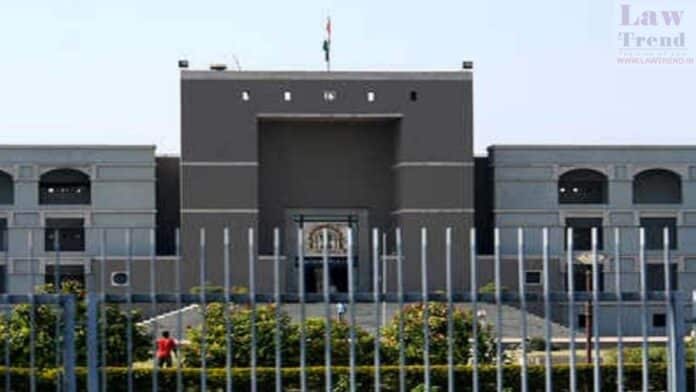The Gujarat High Court was informed on Monday that five persons from a minority community who were tied to a pole and publicly flogged in Kheda district have refused to accept monetary compensation from four policemen who were found guilty of contempt of court for the act.
The division bench of Justices AS Supehia and Gita Gopi had in the last hearing directed lawyers from both sides to take appropriate instructions from the complainants after the policemen urged the court that rather than punishing them, they be allowed to pay compensation to the victims as the charges will affect their career.
Prakash Jani, the lawyer for the policemen, submitted before the court that they had a “very intensive, constructive” meeting with some of the complainants and their lawyer I H Syed over the issue.
However, despite the best efforts on the part of their lawyer, he said the complainants have decided “not to resolve issues” by accepting compensation after meeting their relatives and community members.
The court said the parties failed to enter into a settlement, and the complainants did not intend to compromise, hence, he would dictate the order on Thursday.
Also Read
In the last hearing, the court had framed charges against the policemen after finding them guilty under the Contempt of Courts Act for violating the Supreme Court guidelines issued in the case of DK Basu vs. State of West Bengal regarding compliance with the proper procedure before arresting any individual.
The court said they actively participated and flogged the applicants in public after tying them to the pole.
As per the case details, during the Navratri festival on October 4 last year, some villagers and policemen were injured after a mob comprising members of the Muslim community allegedly hurled stones at a garba event at Undhela village in Kheda district.
Videos purportedly showing police personnel publicly flogging three of the 13 arrested accused went viral on social media.
Later, five accused approached the high court claiming that the police personnel involved in the act had committed contempt of court by flouting the Supreme Court’s directions.




